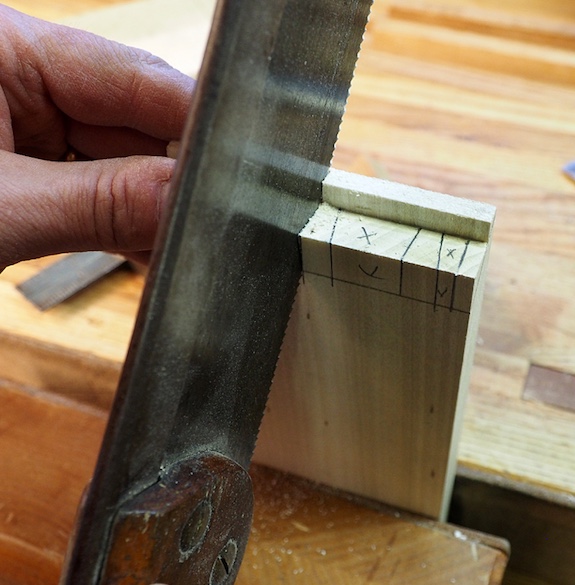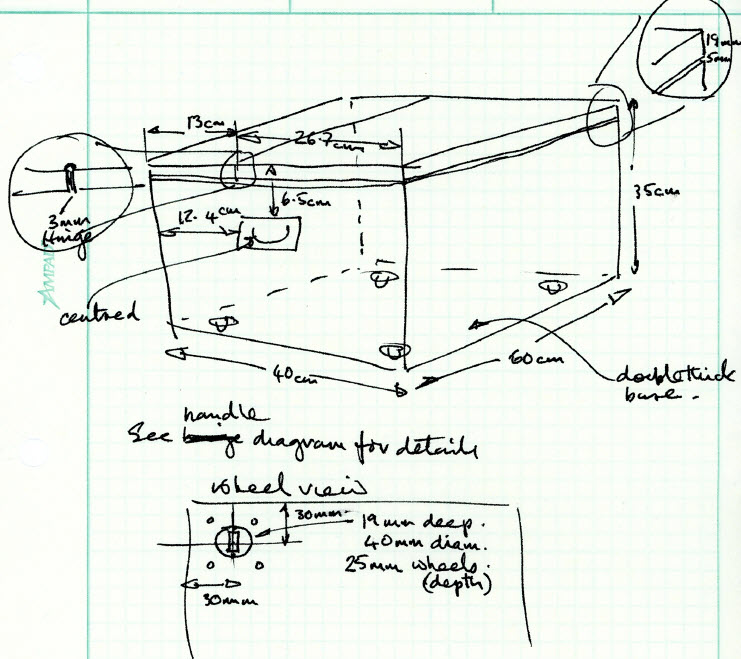
A couple of weeks ago, a friend called to say she wanted a simple, no-frills box made for her teardrop camper, and would be round to talk details. A couple of hours later Louise appeared with trailer in tow.
The box was going to be for storing clothes and had to fit within the under-shelf area, be easy to slide in and out and have a lid.
Since the entire inside of the trailer is beautiful maple ply wood, I decided to use 19mm furniture grade ply.
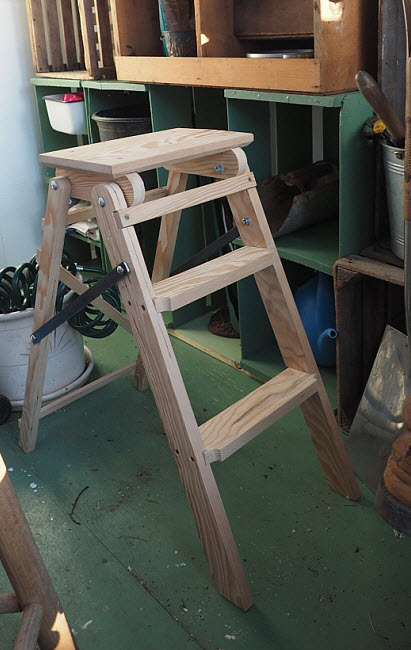
In 1862, John Basely invented the first stepladder by putting a hinge at the top of two ladders so that they could be folded and easily stored. Born in Pennsylvania, Basely was a master carpenter and inventor, receiving the first US patent issued for a safety stepladder. Ladders had of course been used for millennia prior to his invention, but the changes Basely made to the design were hugely important, including the addition of hinges and using flat steps instead of rungs for safety. As you can imagine, he went on to become a very wealthy man.
This article will not make you wealthy, but it will give you a lift in life and an insight into the mechanics of making a stepladder.
I have at least 4 different stepladders ranging in height from 1-2m. Often when reaching heights for a project, a few extra centimetres make all the difference in reaching those hard to reach areas.
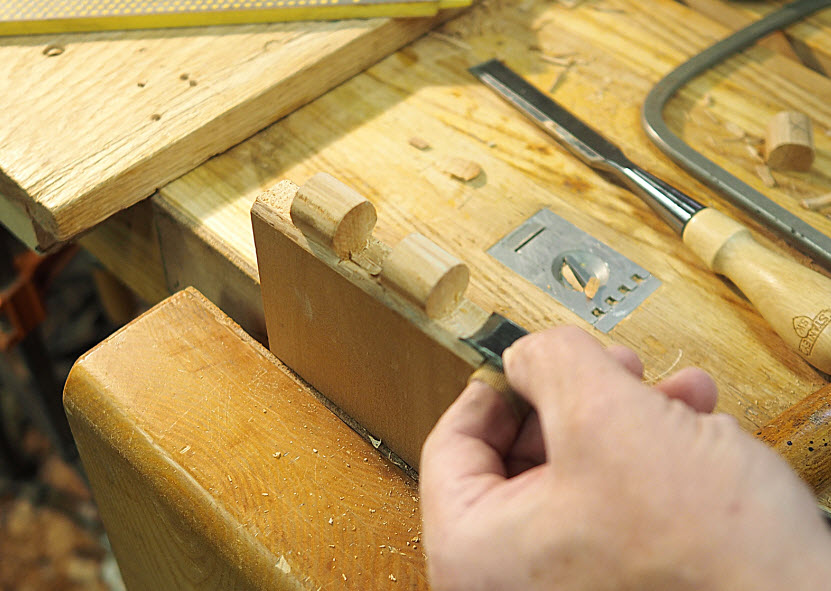
Recently I restored a beautiful drop leaf cherry table.
Most of it was intact and needed only a little restoration, but one element that really needed some help was the wooden hinge joint that had broken over its many years of use. The knuckle hinge allows the support legs to swing out so the loose leaf can then rest on top.
The knuckle joint in Fig. 1 is quite unique, in this article I will take you through the steps to make a more traditional hinge joint.
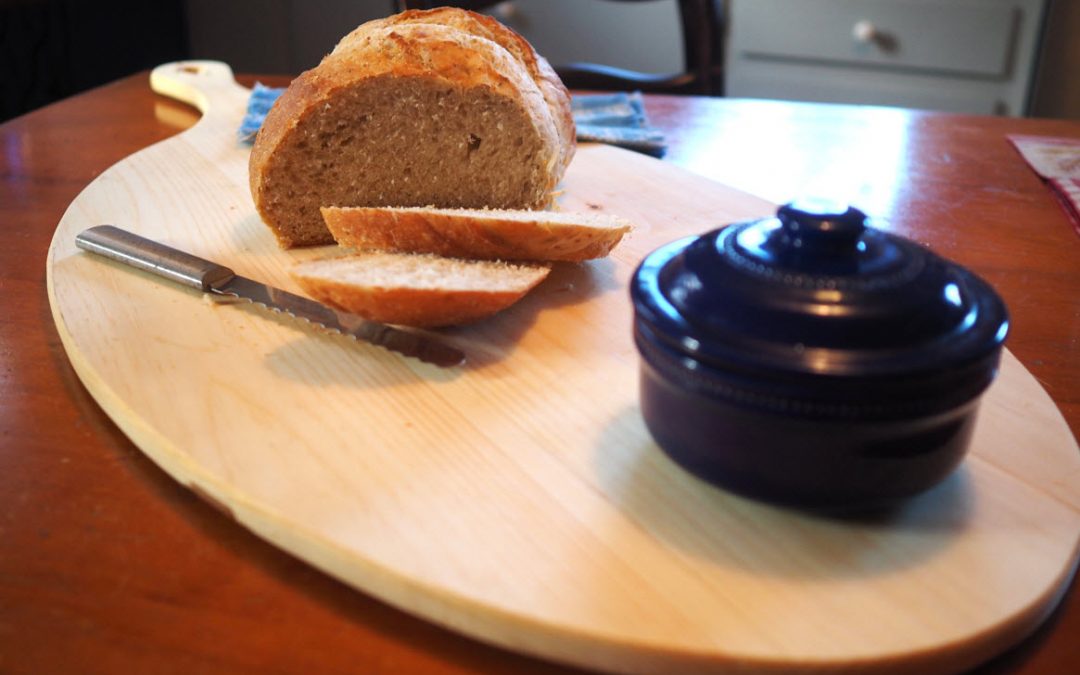
On a recent trip to England I was taken to a very Parisian style café. Hanging on the wall were several exquisite large bread boards of varying shapes.
You’ve probably seen them – 45cm in diameter with a narrow handle. They fascinated me, how could something so wide and thin not be warped?
As luck would have it, my sister has a couple tucked on a high shelf in her kitchen. It wasn’t until I had the chance to take them down and give them a good assessment that the warp-free secret was revealed.
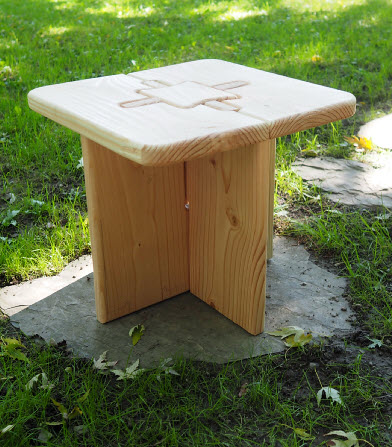
Several weeks ago, a friend of mine – knowing my obsession with all things wood – said “I have a puzzle table I think you’d like”. As a child growing up we were constantly doing jigsaw puzzles and it generally involved taking over the kitchen table for several days and having to eat in the living room.


